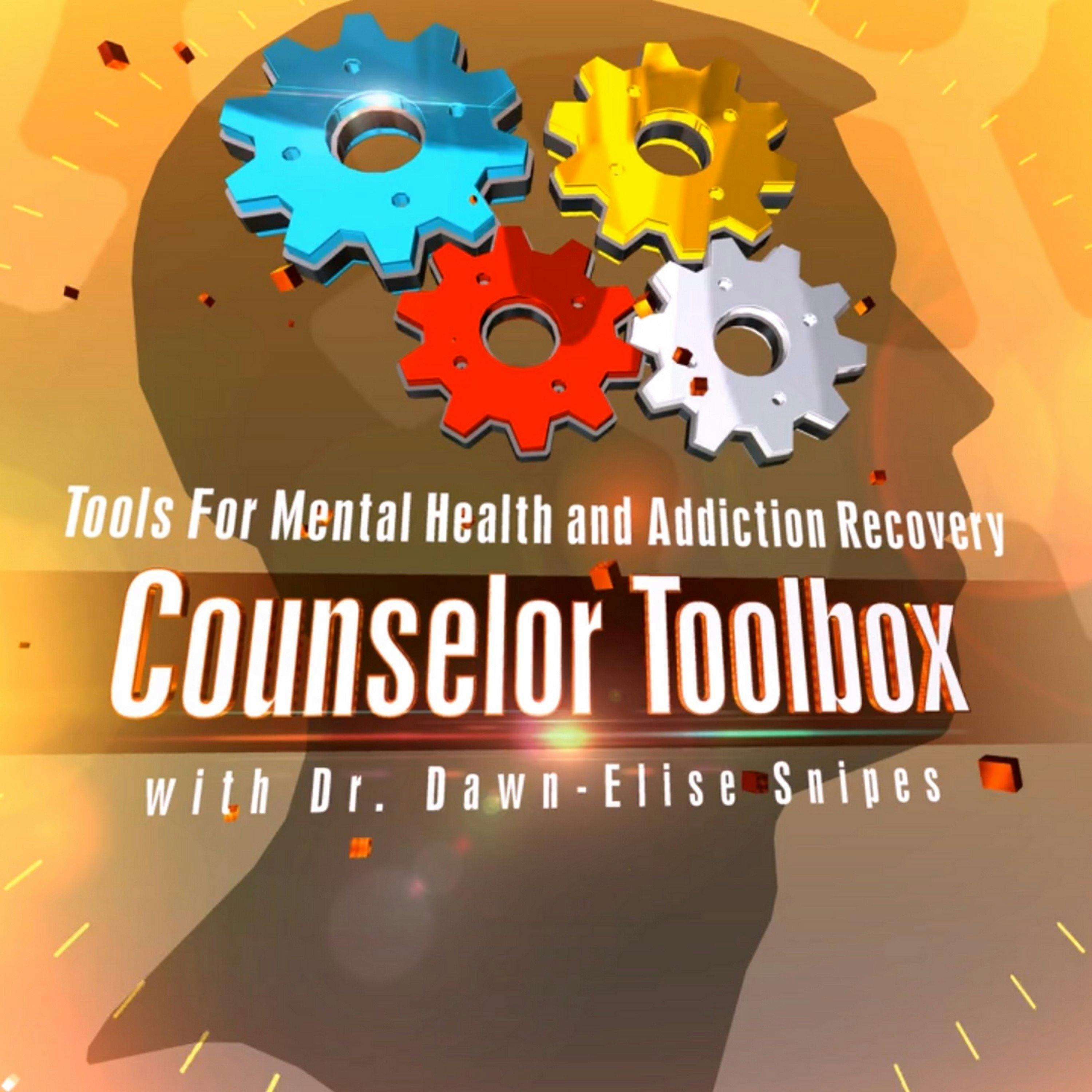Diagnosis of Personality Disorders A Trauma Informed Approach
Description
Overview of Personality Disorders
Definition:
Key Features:
Inflexible and Pervasive Behavior: Present across various contexts.
Early Onset: Behavior is stable and typically begins in adolescence or early adulthood.
Exclusion Criteria: Must rule out other mental disorders, medical conditions, or substance use as primary causes.
Common Diagnostic Challenges
Overlap with Other Disorders:
Trauma Considerations: .
Specific Personality Disorders and Trauma-Informed Perspectives
Paranoid Personality Disorder:
Mnemonic: "SUSPECT" - Suspiciousness, unforgiving, perceives attacks, etc.
Trauma Link: May develop from environments with distrust or betrayal.
Schizoid Personality Disorder:
Mnemonic: "DISTANT" - Detached, indifferent to praise/criticism, tasks done solitarily, etc.
Trauma Link: Chronic exposure to trauma may lead to emotional numbing and detachment.
Schizotypal Personality Disorder:
Mnemonic: "ME PECULIAR" - Magical thinking, eccentric behavior, anxiety in social situations, etc.
Trauma Link: Development of odd beliefs or behaviors may stem from a need to cope with a traumatic environment.
Avoidant Personality Disorder:
Mnemonic: "CRINGES" - Certainty of being liked, rejection preoccupies thoughts, intimacy restrained, etc.
Trauma Link: Likely related to experiences of rejection or abandonment, leading to extreme caution in relationships.
Dependent Personality Disorder:
Mnemonic: "RELIANCE" - Reassurance required, expressing disagreement difficult, life responsibilities assumed by others, etc.
Trauma Link: Often linked to enmeshed or controlling family environments, where independence was discouraged.
Antisocial Personality Disorder:
Mnemonic: "CORRUPT" - Conformity to law lacking, obligations ignored, reckless, etc.
Trauma Link: May develop from a criminogenic environment or chronic trauma leading to a disregard for societal norms.
Borderline Personality Disorder:
Mnemonic: "AM SUICIDE" - Abandonment fears, mood instability, suicidal behaviors, etc.
Trauma Link: Strongly associated with early abandonment or chaotic environments.
Histrionic Personality Disorder:
Mnemonic: "PRAISE ME" - Provocative behavior, relationships considered more intimate than they are, uncomfortable not being center of attention, etc.
Trauma Link: May develop as a way to gain attention in emotionally neglectful environments.
Narcissistic Personality Disorder:
Mnemonic: "SPECIAL" - Believes they are special, preoccupied with fantasies of success, lacks empathy, etc.
Trauma Link: Possible development as a defense mechanism in response to trauma or low self-esteem.
Obsessive-Compulsive Personality Disorder:
Mnemonic: "LAW FIRMS" - Loses point of activity due to detail, friendships excluded due to work, inflexible, etc.
Trauma Link: Rigidity and control may arise from environments where safety and predictability were lacking.
Differential Diagnosis and Considerations
Rule Out Other Disorders:
Mood disorders with psychotic features.
Autism spectrum disorders.
Substance use disorders.
Importance of Context:
Acculturation and Intergenerational Trauma:
Treatment and Systemic Considerations
Personality Disorder Stigma:
Trauma-Informed Care:
Treatment Barriers:
Chapters:
00:00:00 - Differential Diagnosis of Personality Disorders from a Trauma-Informed Perspective
00:06:56 - Characteristics of Paranoid Personality Disorder
00:13:38 - Trauma's effect on mood and libido
00:20:22 - Unusual Perceptions and Magical Thinking
00:27:13 - Characteristics of Dependent Personality Disorder
00:33:59 - Borderline Personality Characteristics
00:40:54 - Differential Diagnosis and Co-occurring Disorders
00:47:27 - Differential Diagnosis of Personality Disorders
00:54:12 - Differentiating Personality Disorders from Other Conditions
Learn more about your ad choices. Visit megaphone.fm/adchoices
More Episodes
Learn more about your ad choices. Visit megaphone.fm/adchoices
Published 11/21/24
Published 11/21/24
Introduction
Presenter: Dr. Dawn-Elise Snipes discusses helping families navigate life transitions using the Flower Empower Model.
The focus is on understanding how various transitions impact both individuals and families, emphasizing the importance of supportive partnerships between...
Published 11/19/24


